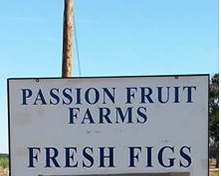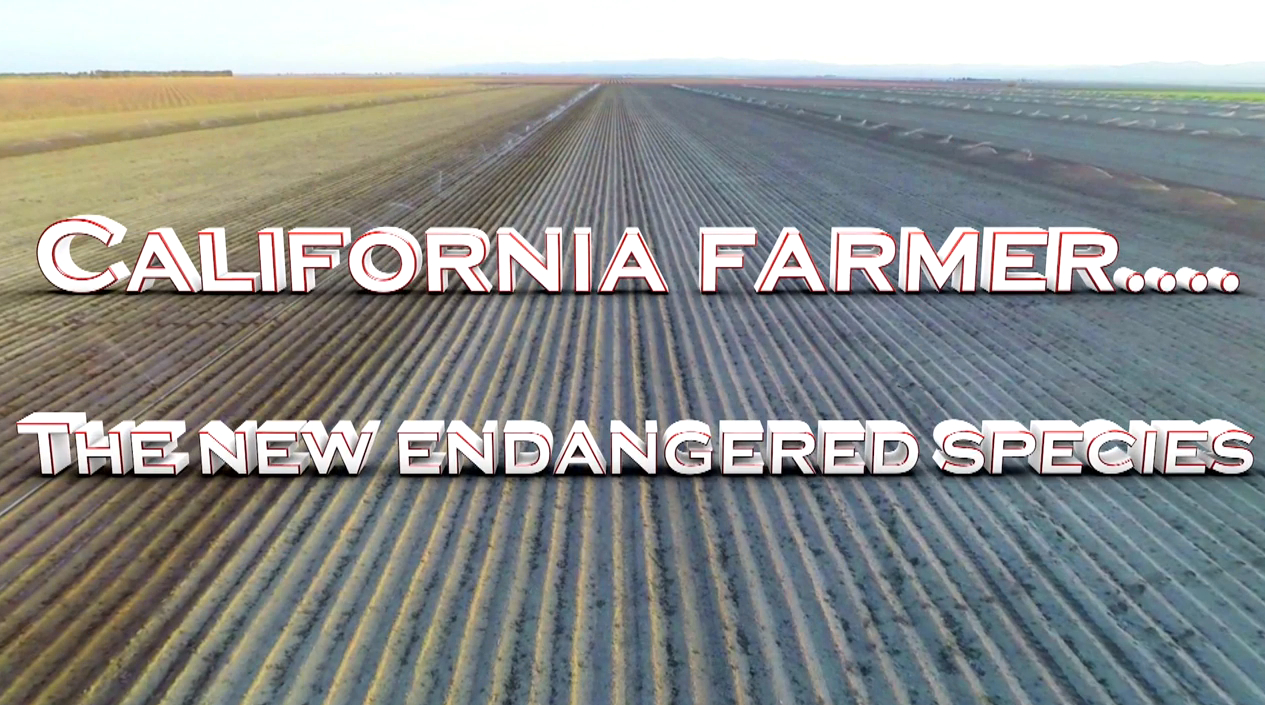Expanding California Wine Industry
Will the Expanding Wine Industry Impact California Communities, Environments?
By Patrick Cavanaugh, Deputy Editor
How the expanding California wine industry might negatively impact the state’s communities and environment is growing concern. Rob McMillan, who founded Silicon Valley Bank’s Fine Wine Division in 1992, said in the Napa Valley community, “we are banding together to address apathy and address tourism issues in the community planning process. If we continue to build new wineries, those opposed characterize the downside in terms of traffic and noise, with very little fact-finding to back up their argument.”
McMillan described some current challenges associated with getting accurate information to the public. “With social media today, people just get to say what they want, and that grabs hold and becomes a catch phrase. Now in Napa Valley, we are working from behind in that there’s really a divide between growers and vintners about how Napa Valley ought to look. And this is not just limited to Napa Valley, either. You are seeing this anti-tourism attitude brewing in Sonoma County and in Santa Barbara County, legislatively.”
While growth of the industry is a good thing, McMillan believes implementing a strategy to prevent congestion is essential. “Whether you are in Washington or Oregon—pick a place—you also have to engage in the community planning process. If you are going to add tourism and direct consumer sales, you can’t have more and more people come and use your region’s resources until you have nothing but a Saturday traffic jam. Your neighborhood starts looking like New York or Tokyo. That is not going to convey the welcoming and accessible message you need to deliver.”
Silicon Valley Bank’s Fine Wine Division, founded by McMillan in 1992, has since become the leading provider of financial services to the U.S. fine wine industry. To ensure the California wine market remains vibrant, McMillan urges wineries to engage in the community planning process, reach beyond the individual winery to work together as a community, and determine how our wine tourism regions should look like. He elaborated, “We can’t go through distributors; we have to go directly to the public, and direct outreach requires a level of entertainment. We have to solve tourism issues in the planning process.”



















